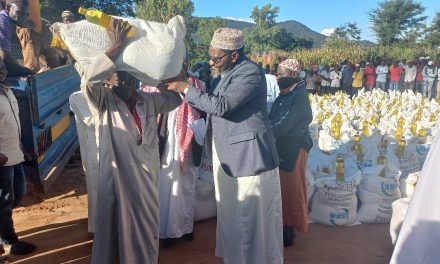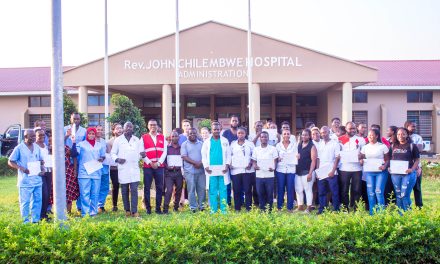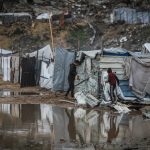
Hamas Says It Will Not Enter Negotiations Unless Israel Stops War on Gaza

Hamas says it has told mediators it would not take part in more indirect negotiations during ongoing aggression but was ready for a “complete agreement” including an exchange of hostages and prisoners if Israel stopped its war on Gaza.
Talks led by key mediators Qatar, Egypt, and the United States to arrange a ceasefire between Israel and the Palestinian group that governs Gaza have repeatedly stalled, with both sides blaming the other for the lack of progress.
The Hamas statement on 23 June 2024 came as Israel pressed on with an offensive on Rafah in southern Gaza, despite an order by the International Court of Justice (ICJ), the top United Nations court, to halt its assault.
Hamas said it showed flexibility during negotiations and that it had entered every previous round of talks with a “positive” spirit, including the last round when it agreed to a mediator-proposed deal on May 6 2024 shortly after Israeli forces began the widely criticized ground offensive in Rafah.
“Hamas and the Palestinian factions will not accept to be part of this policy by continuing ceasefire negotiations in light of the aggression, siege, starvation and genocide of our people,” the Hamas statement read.
“We informed the mediators of our clear position that if the occupation stops its war and aggression against our people in Gaza, our readiness is to reach a complete agreement that includes a comprehensive exchange deal,” it added.
There were significant sticking points in previous negotiations. Hamas repeatedly said it would not accept a deal that does not guarantee a permanent ceasefire, a complete withdrawal of Israeli forces from Gaza, and the unhindered return of displaced families to their homes.
Israel has rejected previous Hamas demands as unacceptable, and said it is determined to topple the group in Gaza. It claims its Rafah offensive is focused on rescuing hostages and rooting out Hamas fighters in the city.
More than 240 people were taken captive on October 7 when Hamas fighters launched an attack into southern Israel killing at least 1,139 people, according tally based on Israeli statistics.
Israel then launched its war on Gaza, which has killed more than 36,000 Palestinians, according to health officials. The conflict has reduced much of the Palestinian territory to rubble and displaced the vast majority of residents.
A first round of negotiations between Israel and Hamas in November 2024 led to the release of about 100 captives in exchange for Palestinians held in Israeli jails. But since then talks have largely stalled.
‘Malnourished children’
On 23 June 2024, Israel pressed on with its offensive on Rafah a day after saying its forces had taken control of a buffer zone along the nearby border between the Palestinian territory and Egypt, giving it effective authority over Gaza’s entire land frontier.
It claimed the buffer zones capture had cut off a route used by Hamas to smuggle arms into Gaza.
Gaza medical sources said 12 Palestinians were killed in an Israeli air strike as they tried to recover the body of a civilian in the centre of Rafah.
Elsewhere in the coastal enclave, fighting raged in several areas, officials said. A Palestinian was killed in an air strike on Shati refugee camp west of Gaza City in the north of the densely populated enclave.
Israel reported fighting in southern, central and northern Gaza, but did not immediately comment on the reported deaths in Rafah, where hundreds of thousands of displaced Palestinians took refuge earlier in the war.
Communication services were cut off in Rafah “due to the ongoing aggression”, Palestinian telecommunications company Jawwal said in a statement. jn
The US, Israel’s closest ally, reiterated its opposition to a major ground offensive in Rafah on Tuesday but said it did not believe such an operation was under way.
Despite global outrage and numerous warnings from aid groups and the UN about the humanitarian consequences of the Rafah assault, Israel has vowed to continue.
As the assault intensifies, malnutrition has become widespread in Gaza as aid deliveries have slowed to a trickle, and the UN has warned of incipient famine.
“Imagine being displaced seven or eight times since the war began and trying to save your children from air strikes each day and to find them food and water,” Khoudary said, speaking from the Al-Aqsa Hospital.
“We’ve seen three cases of malnourished children today. No medical supplies have entered the Gaza Strip for three weeks now. The healthcare system is collapsing,” she said.































